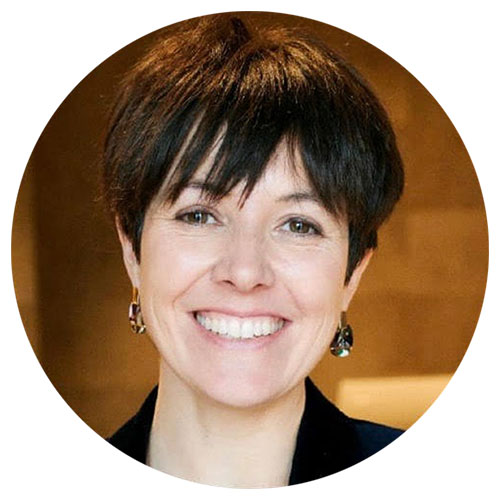

What is your current job? What do you want to do in the future?
I lead a program for the German technical cooperation in South Africa that supports universal vaccine access. We aim to support the South African Department of Health in its vaccine roll-out, ensuring integration into routine primary healthcare while also ensuring demand, especially in vulnerable communities such as dwellers of informal settlements or undocumented migrants. The program also supports the South African Department of Science and Innovation to strengthen the vaccine production ecosystem. We support academia, the private sector, and the regulatory agency to develop and manufacture new or existing vaccines and market them, specifically in the African market. I started this job in August 2021 and have worked for GIZ (the German technical cooperation) for six years doing health projects. My current job is my dream job. South Africa is a very developed country with enormous expertise and potential for the entire continent regarding public health, science, and industrial capacities. It is an incredible opportunity to work at this moment in the country where many global and regional initiatives are launching. I lead an international team where South African, German, and other nationalities work together, and it has been so exciting that I have not thought about the next step. I see myself, in the next four years, in South Africa. Afterward, we'll see.
Has your understanding of public health evolved? If so, what do you understand now that you didn't in the past?
Absolutely! At the beginning of my career and right after my master's at NYU, I was interested in the community side of public health. Leaving no one behind is still my Leitmotiv and my passion. But after more than ten years of working on strengthening health systems, I now think that research, innovation, and access to technology and knowledge should not be a privilege exclusive to rich countries like the US, Germany, or Spain. It is vital for developing and emerging countries to determine their development and position themselves in the global arena. Countries such as South Africa or Senegal (very different from each other) can and should export not only fruits, fish or cheap labor, but diagnostic tools, medicines or medical equipment. Ensuring the right skills to treat, research and manufacture is also public health. From my side, understanding and acknowledging the role of the private sector in public health has been pivotal. I think NYU's Masters did help me structure my thoughts to articulate compromises and identify win-win situations.
Why did you pursue a career in public health? What motivates you to continue doing this work in such a challenging COVID-19 era?
I am a psychologist by training. I was born and raised in Spain and obtained a 5-year degree as a clinical psychologist. Through volunteering and internships, I started working with the communities I was interested in: persons in prison, undocumented migrants, or teenagers in poor communities in Madrid. Health was, in all these groups, a real problem. The health issues present included mental health, nutrition, chronic conditions, and infectious diseases, to name a few. The direct connection between social exclusion and health just trapped me. I wanted to make a difference. My first international experience was in Mexico, working with victims of gender-based violence; that was the switch to global health. After that first international exposure in 2006, I applied for a Master's in Development Studies at the University of the Basque Country (Spain) and at the same time to NYU through the Fulbright scholarship. I was accepted to both programs and finalized one after the other. It was the perfect combination. Later on, my first jobs in West Africa motivated me to keep my focus on public health. For public health practitioners, I think the pandemic has been beneficial. It has revitalized the sector. Nowadays, everyone understands how important and complex public health is. I am glad I am well prepared for this opportunity!
What practical actions can other people take to improve their community's health?
Get vaccinated!
What's your best piece of career advice for young professionals who want to make an impact in public health?
Public health has a wide domain, and there is room for very different profiles. I believe it is important to get basic skills in stats or epidemiology, for instance, but there is also a need for good managers or communication specialists. So my recommendation to young professionals would be to try and discover their passion and which skills are the strongest and follow that path. Public health is about the public good. Students must think beyond the individual and understand what factors influence health, from community dynamics to politics. You must think big when you work in public health, and at the same time, be rigorous in your methods if you want to be taken seriously.